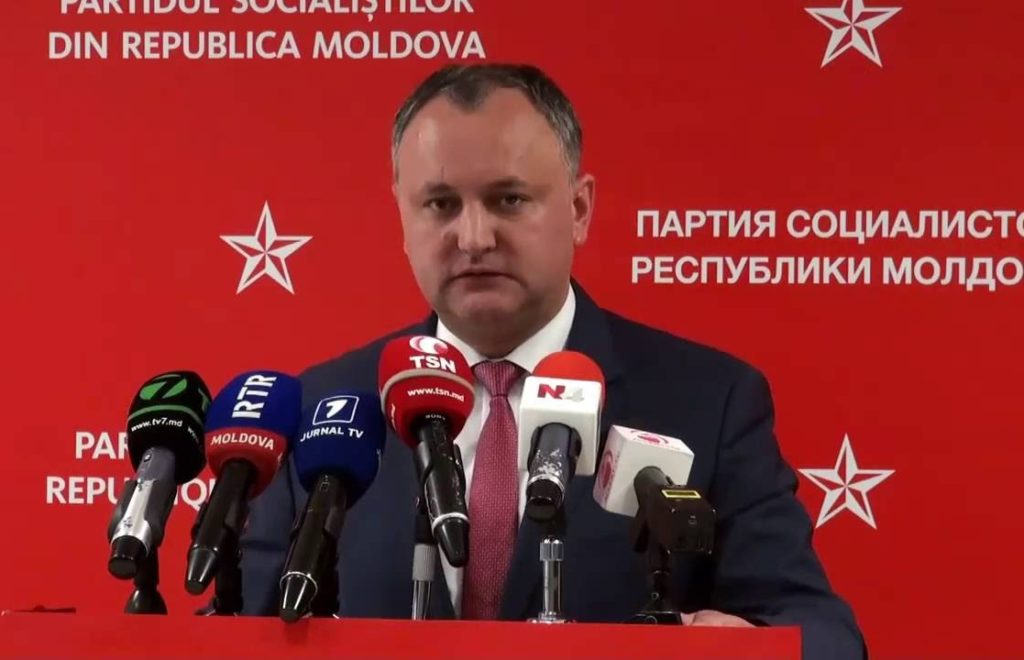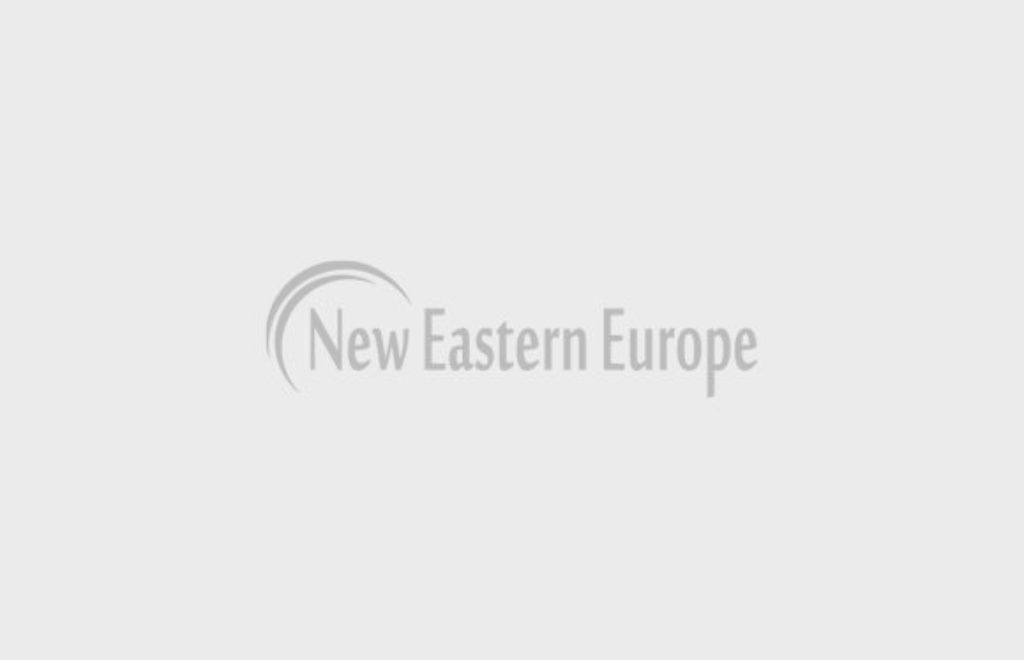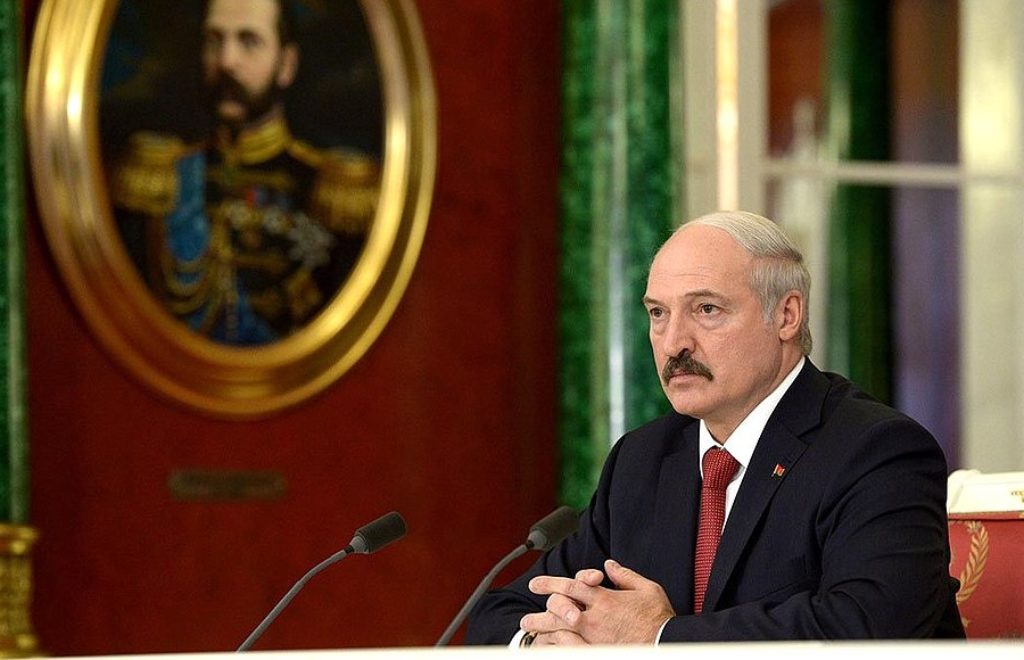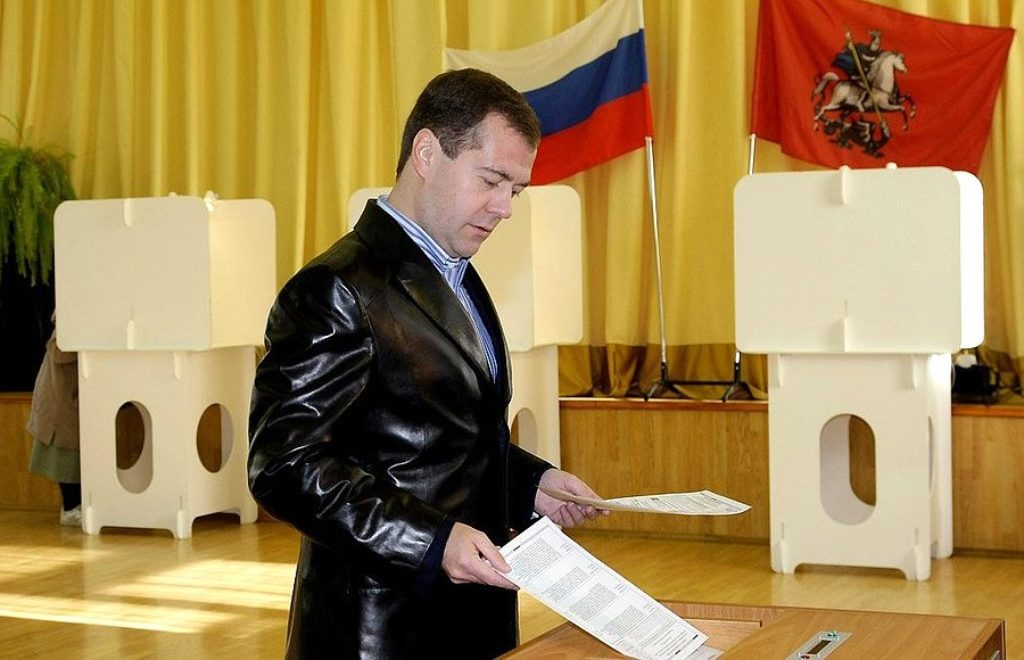Presidential election in Moldova: Lessons for the West
On October 30th 2016, a presidential election was held in Moldova. Igor Dodon from the pro-Russian Party of Socialists of the Republic of Moldova (PSRM) received 47.98 per cent of the vote in the first round, while the pro-Western candidate, Maia Sandu from the Action and Solidarity Party (a newly founded, centre-right and pro-Western party), received 38.71 per cent. The third candidate – pro-Russian Dumitru Ciubasenco from Our Party, received 6.03 per cent of the vote. The remaining six candidates received insignificant support from the voters. The turnout was 49.18 per cent of the eligible voters.
November 15, 2016 - Alexander Tabachnik








































